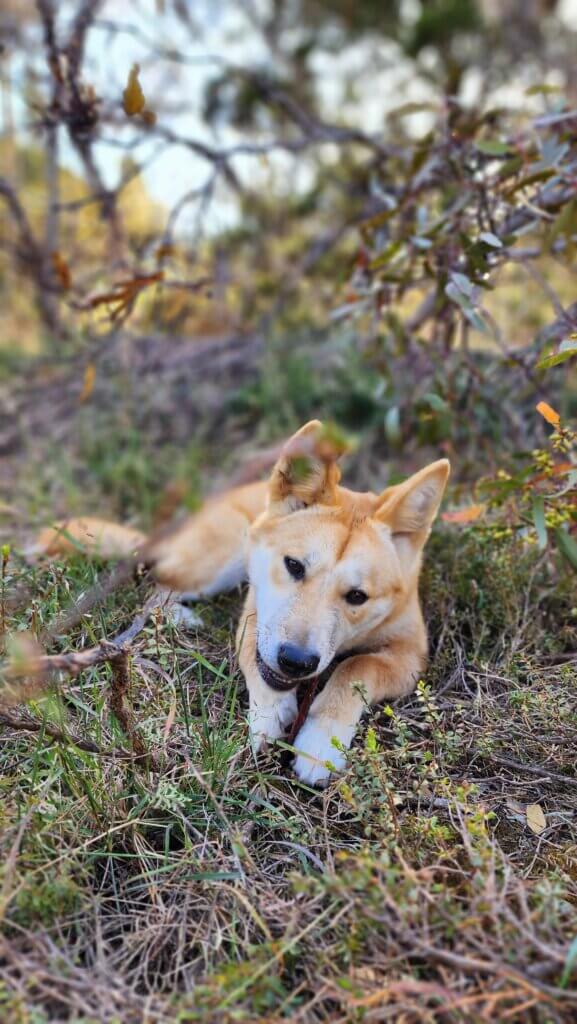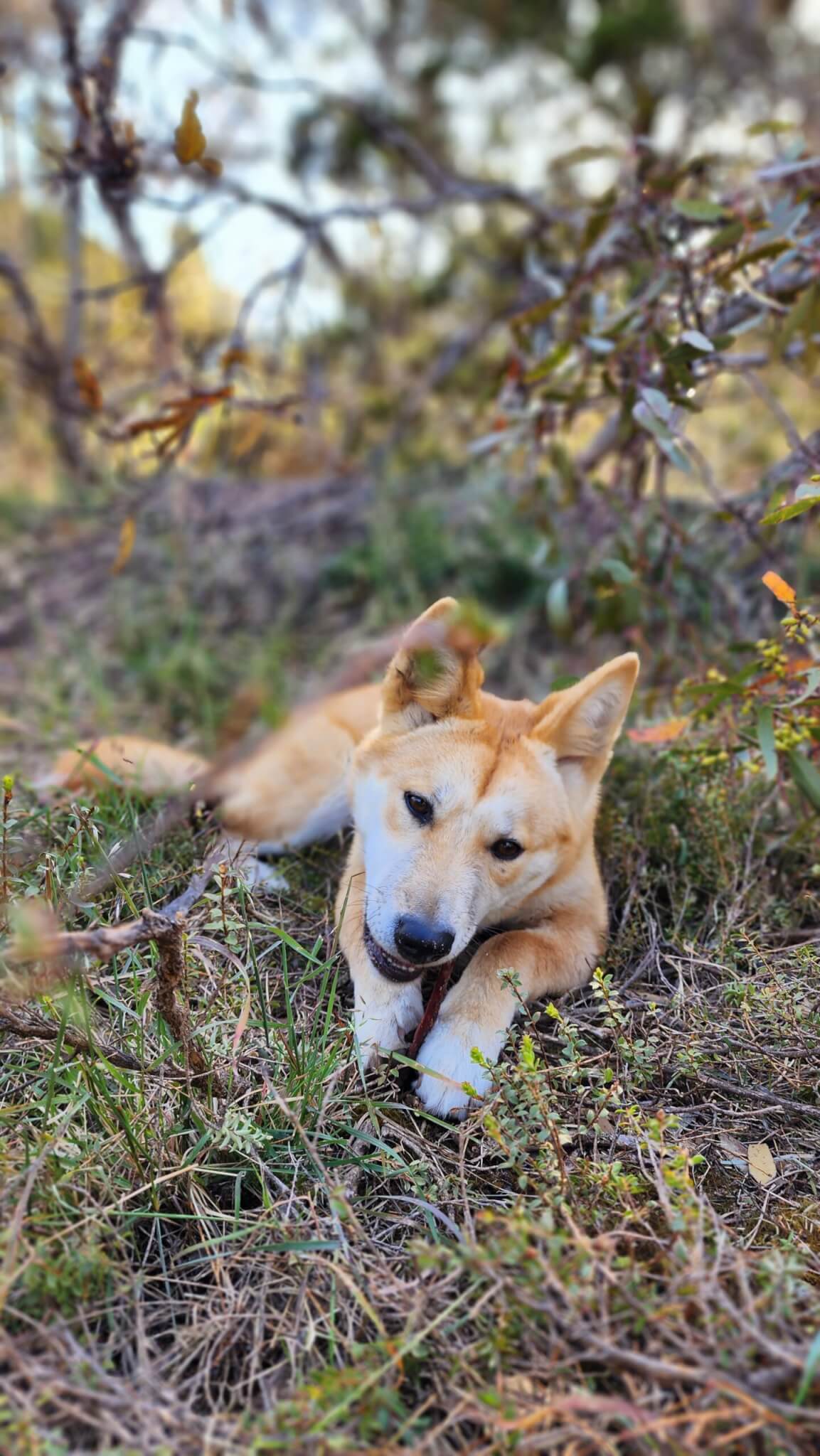It’s hard to believe, but in some places in Victoria, feral deer have more protection under the law than native dingoes (wilkerr).
Dingoes have been demonised as pests and wild dogs – they’ve been hunted, trapped and poisoned to such an extent that they listed as vulnerable to extinction under Victorian biodiversity laws.
These highly intelligent animals have called Australia home for thousands of years, but they don’t receive the same protection as other native animals under the Victorian Wildlife Act 1975.
This is despite the fact that as Victoria’s largest native apex predator, the dingo plays an important ecological role in shaping ecosystem health.

We welcome the recent changes announced by the Victorian Government to protect threatened dingoes in north west Victoria.
Senior Lawyer Semisi Tapueluelu
Dingoes don't recognise borders, so it makes no sense that they're protected as threatened species in one area but can be shot if they walk in the wrong direction.
What is the Dingo Unprotection Order?
Killing these native animals is possible because a variation to the law – in the form of a Dingo Unprotection Order – declares dingoes to be ‘unprotected wildlife’ in certain areas of Victoria. This excludes them from normal wildlife protection laws.
Last year, the Victorian Government decided to renew the Unprotection Order, allowing for the continued slaughter of dingoes until 1 October 2024.
Following advocacy from Environmental Justice Australia, First Nations groups and animal welfare organisations, the Victorian Government recently announced the Dingo Unprotection order will conclude in northwest Victoria from 14 March 2024.
The creation of the ‘sanctuary’ comes just in time to save the future of dingoes in Wotjobaluk Nations’ Country, where there are as few as 40 dingoes left.
But, as these beautiful animals do not recognise administrative borders, they can still be shot and killed across the rest of Victoria and if they cross into South Australia.
Why should dingoes be protected?
Dingoes are an important part of Dreaming stories. They are totems for Traditional Owners of the Wotjobaluk Nations, in the Wimmera-Mallee region of Victoria, and for many other First Nations across Australia.
But right now, people are allowed to shoot, poison or trap dingoes in the wild across large areas of Victoria and in adjacent reserves in South Australia.
The killing of these top predators can lead to extinctions through the food chain, and an increase of cats and foxes that negatively impact native wildlife in Australia.
On behalf of our clients, EJA lawyers continue to call for the Victorian Government to provide dingoes with the full protection of the law, and work with Traditional Owners, conservationists and scientists to enable recovery of Victorian dingo populations.

"Dingoes should be fully protected by law and shooting them should be a wildlife offence in all parts of Victoria.
– Senior Lawyer Semisi Tapueluelu
Our clients are calling for the full protection of Victorian dingoes, which are being deliberately killed.
It's wrong for the government to change the rules so that threatened animals can be poisoned, shot or trapped in conservation areas across Victoria and South Australia."

